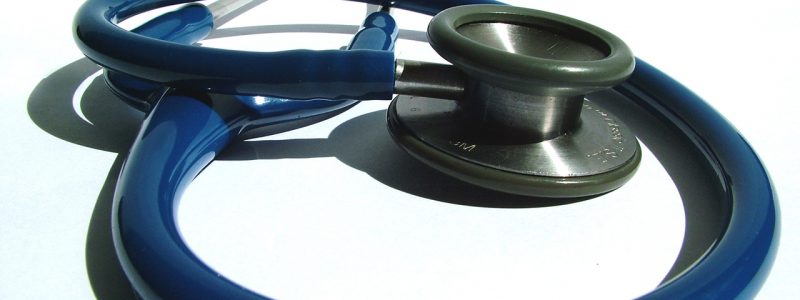
Medical Evidence in a Will Dispute
Where someone is seeking to challenge a will, they may be looking to argue that the person who made the will (the Testator) did not have ‘capacity’ to do so. Another possibility is that they have been subject to ‘undue influence’ at the time they made the will. In all these circumstances, medical evidence may be important. In this blog, we look at the role of medical evidence in a will dispute.
The importance of medical evidence
When a will dispute arises, it is important to ascertain in as much detail as possible, what was going on for the Testator at the time they made their will. As the Testator is obviously unable to give evidence, those looking to either prove or disprove the validity of a will must look to other evidence.
Medical evidence – GP notes, hospital records, notes from other medical professionals involved in the Testator’s care at the time, and in the run up to the time, the will was made can offer an important insight into the extent of the Testator’s understanding of what was going on, and state of mind generally.
Medical evidence and testamentary capacity
If you are challenging a will on the grounds that the Testator did not have ‘testamentary capacity’, medical evidence to suggest the Testator was suffering from dementia or similar, will be helpful to your case.
To have testamentary capacity, the person making the will must
- Understand the nature of making a will and the effect of doing so
- Understand the extent of his property that his will covers
- Understand claims that he should give effect to (those people – dependants – who should ordinarily be included in the will)
- Not be suffering from any ‘disorder of the mind’ which has an impact on how his will is written
A Testator who appears confused or otherwise has been acting irrationally or out of character may be suffering from a ‘disorder of the mind’. It’s important to bear in mind that the solicitor preparing the will (if a solicitor is involved) should take care to follow ‘the golden rule’ which puts a responsibility on him or her to assess whether the Testator does indeed have testamentary capacity.
If you are concerned that the Testator did not have testamentary capacity, and the will leaves you disappointed to the extent that you are considering a challenge to the will, medical evidence will form an important part of your case. These will potentially be the best indication of your relative’s state of mind at the time they made the will.
Medical evidence and undue influence
Undue influence does not require a Testator to be unwell, either physically or mentally. However, a vulnerable Testator will potentially be more susceptible to the influence of an individual who sets his or her mind to doing so, with a view to manipulating the Testator in a particular way.
In these circumstances, medical evidence may point to the Testator being lonely, or in poor health which enabled the individual concerned to isolate the testator from family or friends and exercise control over them. It will be helpful to obtain GP notes and any hospital records as these may not only indicate the Testator’s situation but may make reference to particular individuals that seem to be playing a prominent part in the Testator’s life at the time.
Medical evidence may not be a complete answer
While medical evidence can be invaluable in establishing testamentary capacity, or in supporting a claim for undue influence, there are some situations where it will not be helpful. Medical notes are prepared with the patient’s treatment and ongoing health situation in mind, not in preparation for a will dispute. Any medical evidence put forward by an expert at the time of the will dispute will be based on those notes. A medical expert will not be able to examine and interview the patient in person – he or she can only apply his or her expert knowledge to what is included in the notes.
As a result, it is very likely that the medical evidence will only offer part of the picture and it will be important to gather other information in relation to the Testator – particularly in an undue influence case.
When you contact a solicitor who specialises in will disputes, they will advise you on the types of evidence that will be helpful in your particular case. We offer a free initial claim assessment to help you understand the strengths (and weaknesses) of your will dispute claim, and what you will need in terms of evidence (medical and otherwise) to support your claim.
If you’re thinking of disputing a will – get in touch!